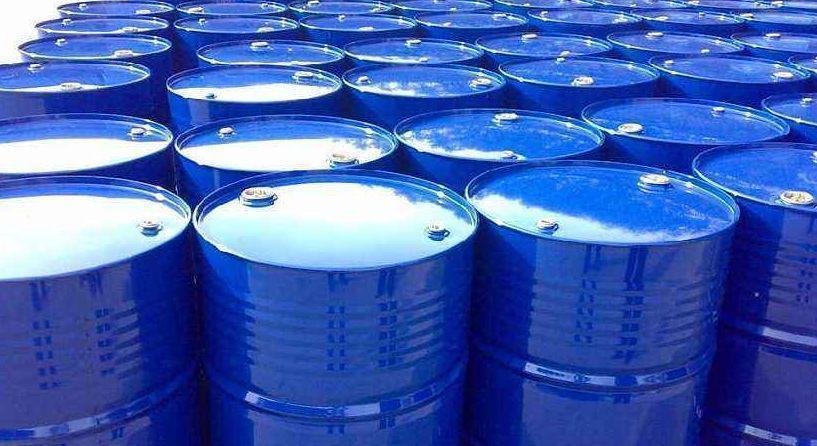The application fields of cleaning agents encompass various industries including light industry, household, kitchen, laundry, industrial, transportation, and others. The basic chemicals used include surfactants, disinfectants, thickeners, fillers, dyes, enzymes, solvents, corrosion inhibitors, chelating agents, fragrances, fluorescent whitening agents, stabilizers, acids, alkalis, and abrasives, totaling 15 categories.

Household Cleaning Agents
Household cleaning involves cleaning and maintenance of buildings or industrial equipment such as floors, walls, furniture, carpets, doors, windows, and bathrooms. This category generally refers to cleaning of hard surfaces.
Common household cleaning agents include deodorizers, air fresheners, floor wax, glass cleaners, hand sanitizers, and cleansing soaps. Disinfectant agents containing orthophenyl phenol, ortho-chlorophenol, or p-tertiary butyl phenol are mainly used in hospitals and guest rooms, effectively eliminating tuberculosis, staphylococcus, and salmonella.
Kitchen Cleaning Agents
Kitchen cleaning entails the cleaning of glassware, dishes, utensils, cookware, grills, and ovens in restaurants, typically done through machine washing or manual cleaning. The most consumed kitchen cleaning agents are detergents for automatic dishwashers, along with accompanying rinse aids, disinfectants, and drying aids.
Cleaning Agents for Transportation Industry
In the transportation industry, cleaning agents are primarily used for cleaning the interiors and exteriors of cars, trucks, buses, trains, airplanes, ships, as well as vehicle components (such as brake systems, engines, and turbines), similar to metal cleaning in the industrial sector.
Cleaning agents used in transportation include waxes, body surface cleaners, and windshield cleaners. Exterior cleaning agents for trucks and buses can be either alkaline or acidic, while aluminum alloy surfaces can only use alkaline products. Exterior cleaning agents for trains generally contain organic acids, inorganic acids, and surfactants. Aircraft cleaning agents also represent a significant consumption area, requiring specific standards for cleaning heavy dirt and mostly developed by the aviation industry itself.
Industrial Cleaning Agents
Industrial cleaning involves the cleaning of metal surfaces, plastic surfaces, tanks, filters, oilfield equipment, grease layers, dust, paint removal, and wax removal. Metal surfaces must be clean before applying paint and coatings to achieve better adhesion. Metal cleaning often requires the removal of lubricants and cutting fluids from the surface, thus solvent-based cleaning agents are commonly used. Metal cleaning objects are broadly classified into two categories: rust removal and degreasing. Rust removal is mostly performed under acidic conditions, capable of removing oxide layers formed on metal surfaces as well as deposits of metal insolubles and other corrosion products on boiler walls and steam pipes. Degreasing is carried out under alkaline conditions, mainly removing oil-based dirt.
Others
Cleaning agents are also utilized in other areas such as textile cleaning, as well as the cleaning of flat panel displays, photovoltaic cells, swimming pools, clean rooms, studios, storage rooms, etc.